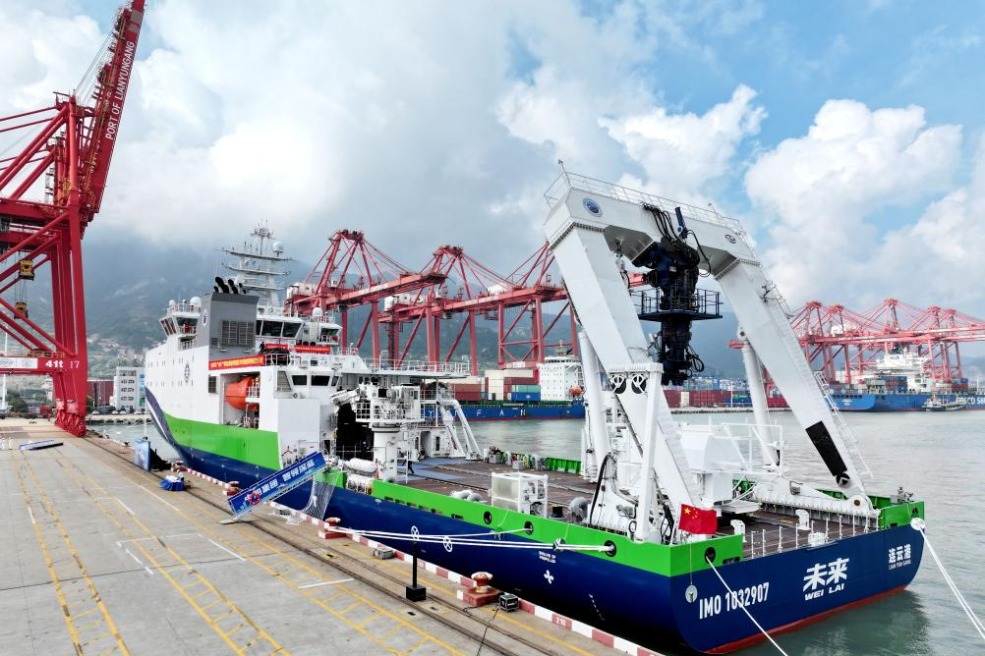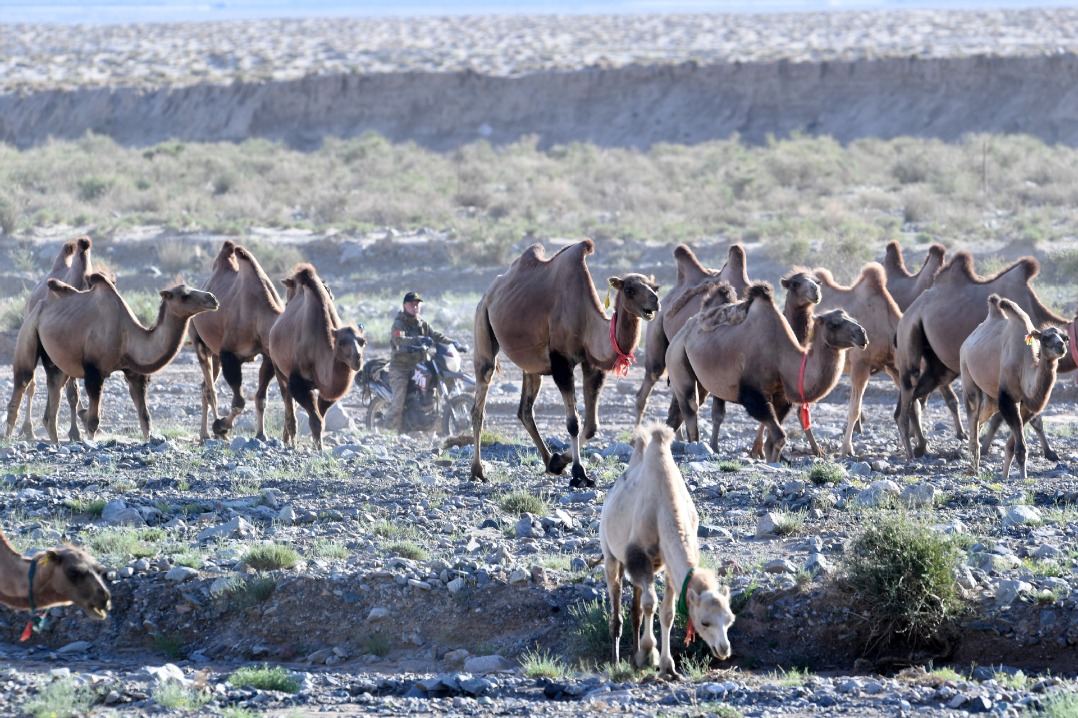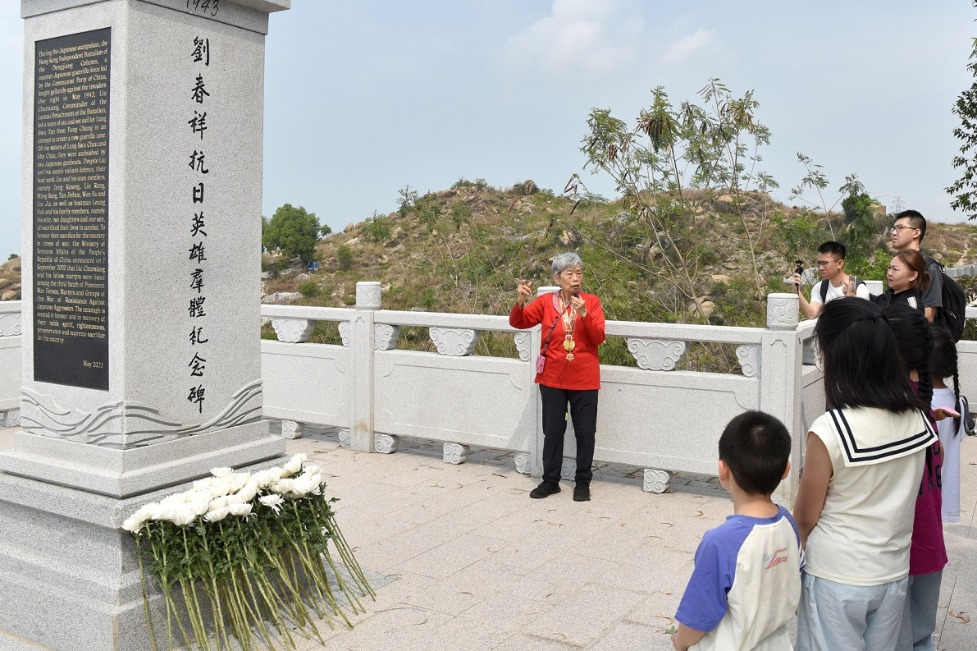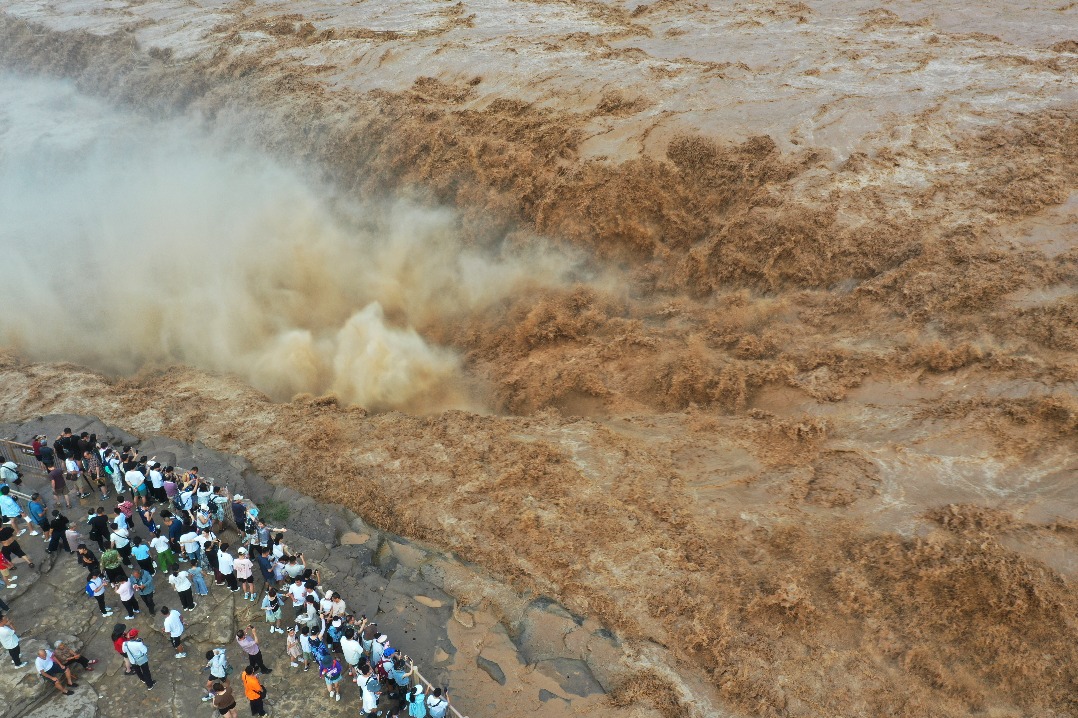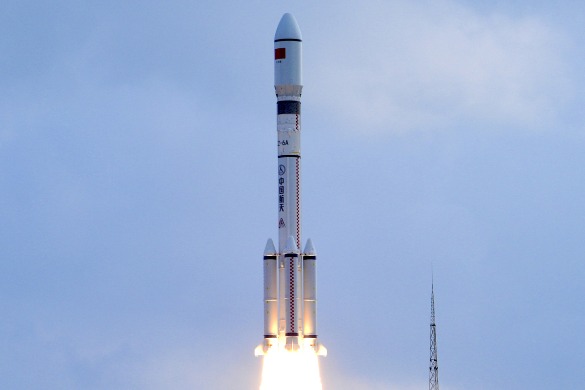Children from 10 families across China honored for filial piety

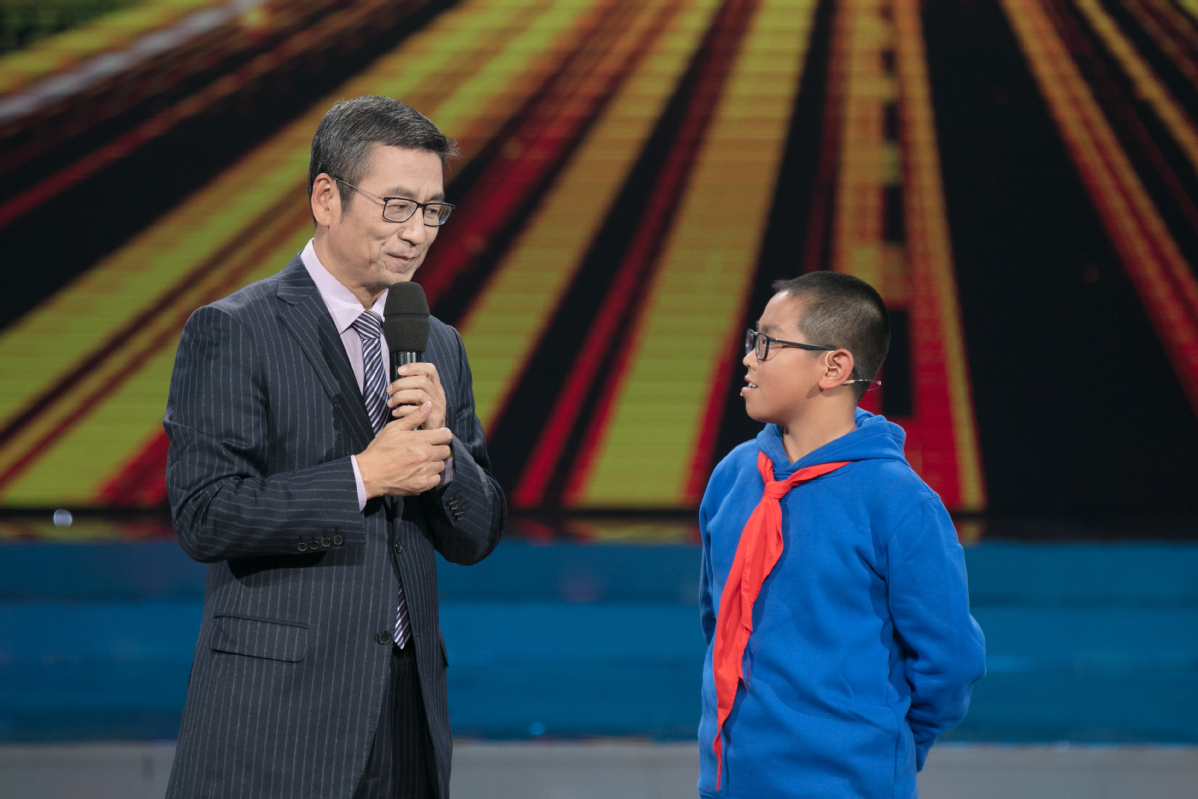
Another award winner was Huang Shihuan, a teen from Guangdong province who shouldered household work to support her father, a doctor who was sent to Wuhan-the Chinese city hit hardest by COVID-19-early last year.
Also awarded were the ethnic Yi siblings Qiu Pingping and her elder brother, who helped their parents overcome poverty.
Most of the youth were surprised to learn they'd won.
"Helping with farm work is very normal for children here. We didn't consider it a big deal," Shi's father says.
The event's producer and director,Chai Shengtao, says the winners were selected from 230 youth shortlisted among thousands of candidates.
"All of the children, who are ages 7 to 16, on the list either take care of the elderly and children in their family, help with housework or perform other moving deeds to support their families," Chai explains.
Most Chinese are becoming better off as the economy continues to advance. But many parents focus on providing their children with improved living conditions while sometimes overlooking the importance of moral education.
Chai says most winners over the past eight years came from families living in poverty. But in 2020, more hailed from relatively average-income households.
"Filial piety is deeply rooted in traditional Chinese culture. Parents, teachers and society play an important role. Our program shows the beauty and power of morality, and can draw society's attention to help some of the children in need," he says.
"Chinese children's filial piety in the new era focuses more on legacy. That is to say, parents should instruct and influence their children using actions rather than words. By seeing filial youth take responsibility for their families, people can realize moral education's importance."
- Zhejiang leads in innovation, IP development
- Lotus sanctuary dazzles at wetland park in Chongqing
- Nearly 5,700 residents relocated amid heavy rain in Jizhou, Tianjin
- China to offer nationwide childcare subsidies
- China sees better air, water quality in H1
- Heavy-ion accelerator integrating into cancer treatment in China

















